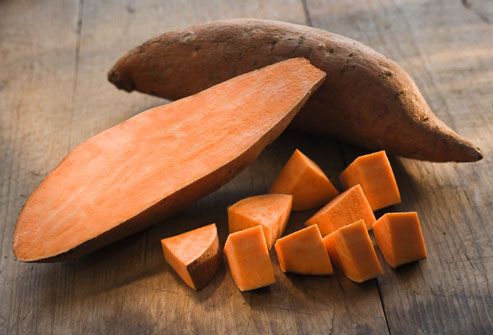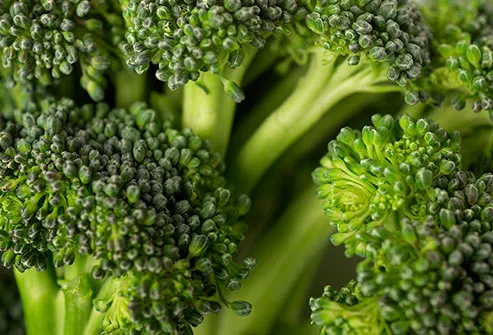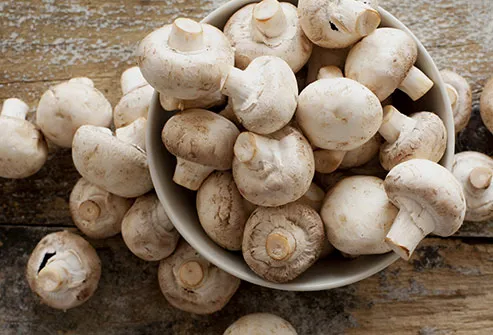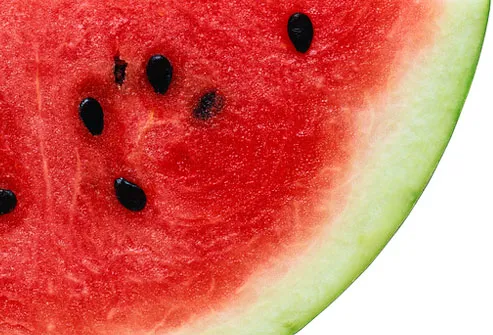Immunity is our body's natural defence mechanism of identifying entry of foreign matters inside us and producing antibodies on it's own that would in turn retaliate and destroy bacteria and viruses that tend to proliferate inside our body by it's multiplication.
Fortunately by natures creation we humans need no external medicines or treatment to take care of ourselves against any bacterial, viral confrontation.
Human body have its own built in Doctors and Pharmacists to diagnose and give medication on its own by triggering our auto immune system, but unfortunately these doctors and pharmacist were not nursed or nurtured to, by us to enable them to perform their duties effectively.
on the contrary our life style habits work against our own auto immune system by depriving them of basic needs to strengthen them.
This is primarily because of our present lifestyle habits that go into debilitating our immune system drastically making the people of present generation vulnerable for attacks and seeking for external Doctors and medicines, which though eases us from discomforts, have their own side effects.
So it is highly imperative that we should not forget our natural ways of building, and strengthening our immune system by following healthy food eating habits.
So dear Readers,
The intent of mine writing this article is not to enlighten you of what you are unaware about, but what we all knew pretty well but have forgotten and forbidden in due course in lieu of changing life style habits.
I feel it is highly imperative that I should discuss some natural ways of replenishing, boosting and sustaining our immunity levels by recommending the following food habits to follow henceforth at least.
Diet:
Eating a low-fat, plant-based diet may help give the immune system a boost. The immune system relies on white blood cells that produce antibodies to combat bacteria, viruses, and other invaders. Vegetarians have been shown to have more effective white blood cells when compared to none vegetarians, due to a high intake of vitamins and low intake of fat.
Eating a low-fat diet may also be protective. Studies have shown that limiting dietary fat helps strengthen immune defenses. Research also shows that oil may impair white blood cell function and that high-fat diets may alter the gut microbiota that aid in immunity.
Maintaining a healthy weight can also benefit the immune system. Obesity has been linked to increased risk for influenza and other infections such as pneumonia. Plant-based diets are effective for Weight Loss , because they are rich in fiber, which helps fill you up, without adding extra calories. Fiber can also lower BMI, which is linked to improved immunity. A plant-based diet has also been shown to reduce inflammatory biomarkers.
Vitamins C and E:
Vitamins C and E are antioxidants that help to destroy free radicals and support the body's natural immune response. Sources of vitamin C include red peppers, oranges, strawberries, broccoli, mangoes, lemons, and other fruits and
Vitamins, Minerals, and Antioxidants
Studies have shown that fruits and vegetables provide nutrients—like beta-carotene, vitamin C, and vitamin E—that can boost immune function. Because many vegetables, fruits, and other plant-based foods are also rich in antioxidants, they help reduce oxidative stress.
Beta-Carotene:
Beta-carotene is a powerful antioxidant that can reduce inflammation and boost immune function by increasing disease-fighting cells in the body. Excellent sources include sweet potatoes, carrots, and green leafy vegetables.
Vitamins C and E:
Vitamins C and E are antioxidants that help to destroy free radicals and support the body’s natural immune response. Sources of vitamin C include red peppers, oranges, strawberries, broccoli, mangoes, lemons, and other fruits and vegetables. Vitamin E sources include nuts, seeds, spinach, and broccoli.
Vitamin D: Research shows vitamin D supplementation may reduce the risk for viral infections, including respiratory tract infections, by reducing production of pro inflammatory compounds in the body. Increased vitamin D in the blood has been linked to prevention of other chronic diseases including tuberculosis, hepatitis, and cardiovascular disease. Food sources of vitamin D include fortified cereals and plant-based milks and supplements.
Zinc:
Zinc is a mineral that can help boost white blood cells, which defend against invaders. Sources include nuts, pumpkin seeds, sesame seeds, beans, and lentils.
Sleep
Our bodies need sleep to rest and recharge. Without a sufficient amount of sleep, we increase our risk for developing serious health problems—like heart disease, Alzheimer’s disease, and obesity. Inadequate sleep has also been linked to suppressed immune function. One study found that those who sleep fewer than five hours per night are more likely to have recently suffered a recent cold compared with those who sleep more.
Need help falling asleep? Try adding healthful fruits, vegetables, grains, and beans to your diet. One study found that diets rich in fiber and low in saturated fat can lead to deeper, more restorative sleep. Learn more about how a plant-based diet can lead to

You'll find lots of nutrients in this "super food." One of them is folate, which helps your body make new cells and repair DNA. It also boasts fiber, antioxidants such as vitamin C, and more. Eat spinach raw or lightly cooked to get the most benefit.

Like carrots, sweet potatoes have beta-carotene. In your body that turns into vitamin A, which mops up damaging free radicals. This helps bolster the immune system and may even improve the aging process.

It's easy to find at the grocery store, and it's an immune-boosting basic. You'll get plenty of nutrients that protect your body from damage. It has vitamins A and C, and the antioxidant glutathione. Add to any dish or top with some low-fat cheese to round out a side dish.















2 Comments
Good info
ReplyDeleteVery informative and useful.
ReplyDelete